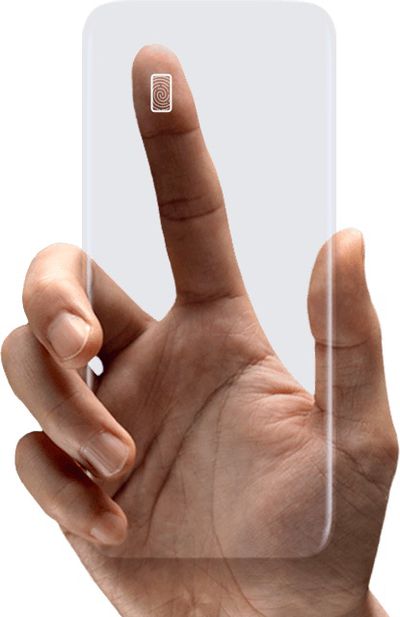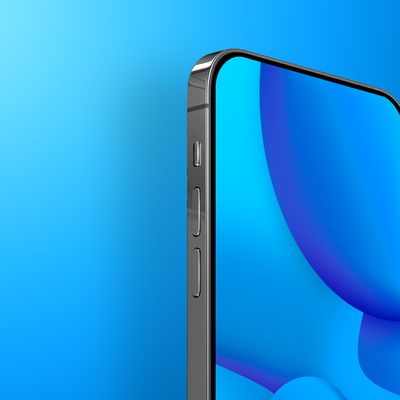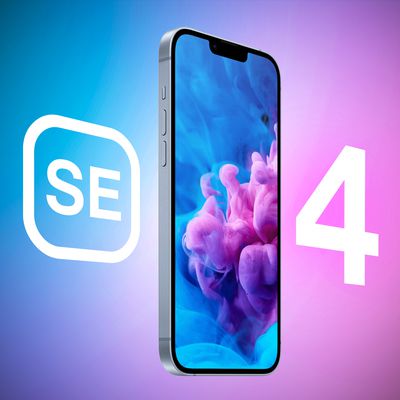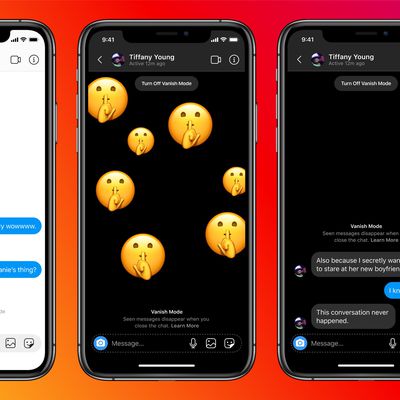Apple will launch an iPhone equipped with both Face ID and an on-display fingerprint sensor in 2021, according to a new investor note by Apple analyst Ming-Chi Kuo and obtained by MacRumors.

Kuo's prediction is based on Apple's patents related to fingerprint on display (FOD) and the continued use of the technology in Android smartphones, which together suggest to him that Apple will opt to bring fingerprint scanning back to its smartphone screens.
In terms of technology, we predict that four critical technical issues of FOD will significantly improve in 12–18 months, including module thickness, sensing area, power consumption, and lamination yield rate. Therefore, we believe that Apple will launch the new iPhone equipped with both Face ID and FOD to enhance security and convenience thanks to the multi-biometrics.
Apple has effaced fingerprint recognition entirely in its flagship smartphone lineup, which includes the iPhone XS, iPhone XS Max, and LCD-based iPhone XR. Chinese mobile vendors meanwhile have gone in the opposite direction and extended the adoption of in-display fingerprint sensing technology from their premium smartphones to mid-range models, where they've proved just as popular.
Apple was widely rumored to be attempting to integrate Touch ID under the display on 2017's iPhone X, but the company ditched any form of fingerprint scanning after hitting "early line of sight" with Face ID. However, Kuo argues that Face ID and FOD technologies are "complementary, not competitive," because multi-biometrics would offer authentication processes in circumstances where one or the other was inconvenient to use or simply unavailable.
Kuo believes that GIS and Qualcomm will benefit from iPhone's adoption of FOD, with the former providing the "large-area sensing ultrasonic" technology and the latter supplying the ultrasonic FOD module and lamination. Kuo also argues that the likelihood of FOD in iPhones will increase if Apple Watch supports a biometric function in the future.
Last month, Chinese media sources claimed Apple intends to launch a new iPhone for the budget-conscious Chinese market that features an under-display fingerprint sensor. However, those reports said the fingerprint scanning would replace rather than augment Face ID technology, which was deemed too expensive.
Barclays analysts also recently claimed that 2020 model iPhones will have acoustic fingerprint technology that could allow for full-screen Touch ID, following meetings with suppliers in Apple's Asian supply chain.
Before these reports, the consensus was that Apple is done with Touch ID in smartphones, despite having explored various in-display fingerprint scanner solutions in the past, including fingerprint sensing MicroLED displays. However, Touch ID has found a new lease of life on laptop keyboards, specifically in Apple's MacBook Pro range and the MacBook Air.























Top Rated Comments
Face ID was great in 2017,when under display touch ID technology wasn't available.
now it's available, and it's superior and much more ergonomic and convenient.
This isn't your grandpa's fingerprint tech. Today, ultrasonic fingerprint sensors can read the capillaries under the finger. The old myth about 1:50,000 odds no longer applies. Reading capillaries also means additional health features.